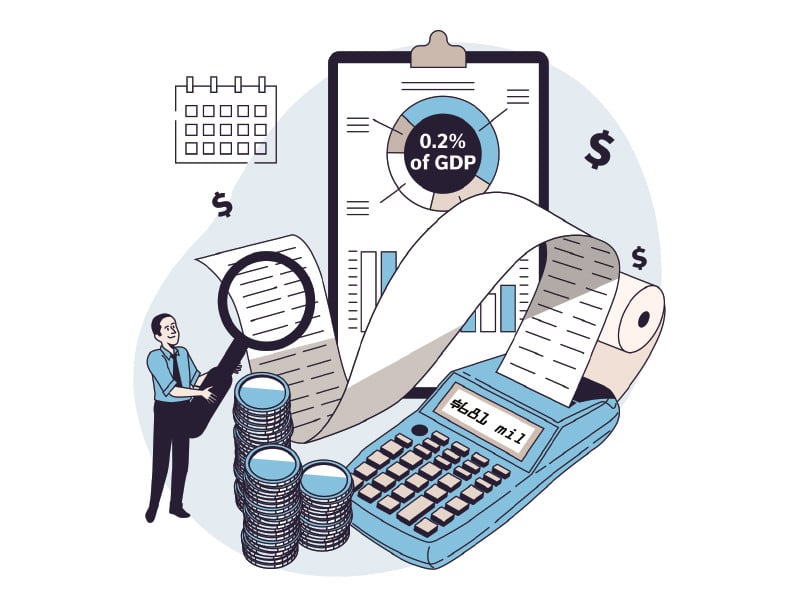By Amin Ahmed
Published in Dawn on June 14, 2023
ISLAMABAD: The 2023 Gender Social Norms Index’s (GSNI) report published by the United Nations has revealed no improvement in biases against women in a decade, with almost 9 out of 10 men and women worldwide still holding such biases today.
Half of people worldwide still believe men make better political leaders than women and more than 40 per cent believe men make better business executives than women.
Women still face an uphill battle.
Our 🆕 Gender Social Norms Index shows that in the last decade, progress towards #GenderEquality has stagnated.
Let’s level the playing field. It’s time to shift norms towards equality. https://t.co/2YRa8xXFt6 #CheckYourBias pic.twitter.com/Gimi9DIHuL
— UN Development (@UNDP) June 12, 2023
A staggering 25pc of people believe it is justified for a man to beat his wife, according to the new GSNI report released on Monday by the United Nations Development Programme (UNDP), reflecting the latest data from the World Values Survey.
The report, titled ‘Breaking down gender biases’ says political rights and civil liberties have been in decline worldwide for at least a decade. Shrinking global freedoms and rising polarisation have been accompanied by the backlash against gender equality and women’s rights, affecting entire societies by shifting power relations.
25pc people think man beating his wife is justifiable
In addition to discriminatory social norms, the backlash has also been seen through extremism and gendered disinformation, putting democratic practices under stress and risking women’s equal participation in politics and civic spaces, and through the backsliding of gender equality laws and policies.
The world is not on track to achieve gender equality by 2030. The global Gender Inequality Index (GII) value, UNDP’s composite measure of gender inequality in empowerment, has remained stagnant since 2019. The outlook is further diminished by a global backlash against women’s rights and the lasting devastation of the multidimensional human development crises that followed the Covid-19 pandemic.
Career prejudice
The report argues that these biases drive hurdles faced by women, manifested in a dismantling of women’s rights in many parts of the world with movements against gender equality gaining traction and, in some countries, a surge of human rights violations. Biases are also reflected in the severe under-representation of women in leadership.
On average, the share of women as heads of state or heads of government has remained around 10pc since 1995 and in the labour market women occupy less than a third of managerial positions.
The report also sheds light on a broken link between women’s progress in education and economic empowerment. Women are more skilled and educated than ever before, yet even in the 59 countries where women are now more educated than men, the average gender income gap remains a staggering 39pc in favour of men.
Only 11pc of heads of state and 9pc of heads of government are women, and women hold only 22pc ministerial posts. The majority of these ministerial roles are in the ministries of women, children, youth, the elderly, the disabled or social and environmental sectors. In the paid economy women hold only 28pc of managerial positions, the report says.
“Social norms that impair women’s rights are also detrimental to society more broadly, dampening the expansion of human development. Lack of progress on gender social norms is unfolding against human development crisis: the global Human Development Index (HDI) declined in 2020 for the first time on record — and again the following year. Everyone stands to gain from ensuring freedom and agency for women,” said the head of UNDP Human Development Report Office, Pedro Conceicao.
The report emphasises that governments have a crucial role in shifting gender social norms. For instance, parental leave policies have changed perceptions around care work responsibilities, and labour market reforms led to a change in beliefs around the employment of women.
“An important place to start is recognising the economic value of unpaid care work. This can be a very effective way of challenging gender norms around how care work is viewed. In countries with the highest levels of gender biases against women, it is estimated that women spend over six times as much time as men on unpaid care work,” said Raquel Lagunas, Director of UNDP’s Gender Team.
The report emphasises that despite the continued prevalence of bias against women, the data shows change can happen. An increase in the share of people with no bias in any indicator was evident in 27 of the 38 countries surveyed.
This includes investing in laws and policy measures that promote women’s equality in political participation, scaling up insurance mechanisms, such as strengthening social protection and care systems and encouraging innovative interventions that could be particularly effective in challenging harmful social norms, patriarchal attitudes, and gender stereotypes.
The report recommends addressing social norms through education to change people’s views, policies and legal changes that recognise the rights of women in all spheres of life, and more representation of women in decision-making and political processes.





